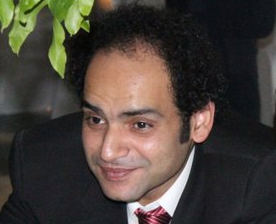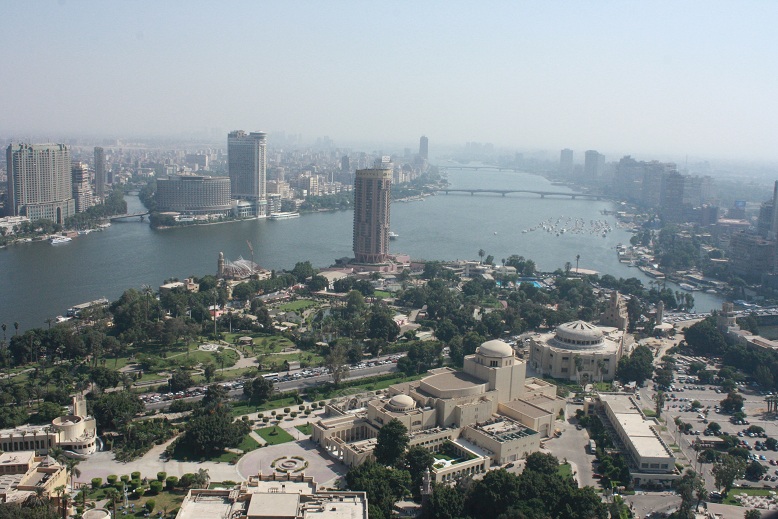
Indeed, Egyptian people together with the Egyptian state have proved to be much more interesting than the majority would have thought. What happened in the beginning of July was surprising to so many people around the world and once more, to Egyptians themselves.
A week ago we were busy debating terminology and whether what happened was a coup, an uprising that the military participated in, or a national revolution which the military was a part of by virtue of its belonging to the national fabric of Egyptian society. Although some are still caught on that debate, it has become more and more unimportant and out of context. It simply feels like we are asking the wrong questions.
Does it really matter what to name what happened? I believe terminology will not make a difference. What we should be more concerned about is the outcome of all that. After years of stagnation, the Egyptian state is paying the price of the political vacuum that Mubarak ensured. The overthrowing of Morsi is a fact, a solid political reality so difficult to reverse, despite what is being heard through speaker phones in Rabaa Al-Adaweya. Whether the Muslim Brotherhood accepts what happened or does not accept it is becoming politically irrelevant. A new transitional phase is upon Egypt and it is important to think about what could happen in this new phase.
The Egyptian state is back to its classical form from when Mohamed Ali introduced the concept of a modern state to Egyptians. Once again, the military is the core of that state and remains as the centre of political power. Although not represented directly, it is indeed the nucleus of this transition process.
It is very likely for different political and social forces to start identifying themselves and allying according to their position from the military. Perhaps the military itself will work throughout that year on representing itself politically in a civil framework.
The new government’s actual power will depend very much on its performance and its ability to induce tangible economic reform. But how communication takes place between the army leadership and the government will remain secret and could very well be a source of problems later on.
The opposition front, now more of a mainstream though, will soon start suffering from the fundamental differences between its different members. Divisions will start taking place and the now seemingly united anti-Morsi front will fragment into factions that very likely could politically confront each other.
Islamists in general will carry the heaviest load. Salafis, specifically Al-Nour Party, have a golden opportunity which they will most probably use to enhance their image as a more moderate Islamic political power. Meanwhile, factions are expected to appear within the Muslim Brotherhood and other more radical groups and/or parties. Youth from the Brotherhood who see how power-driven and corrupt the guidance bureau is will emerge as a new political force.
The most sensitive issue that remains is the Brotherhood. The Brotherhood will try for as long as it can to spread the conspiracy discourse and the coup scenario to the whole world. The new political elite will disagree on whether to endorse the Brotherhood as a legitimate political force or draft a law that bans them from participation in politics for some time. However, the presence of the Brotherhood and the amount of space it will be allowed, will depend on military-Brotherhood relations. But most likely, this guidance bureau will soon be overthrown from the brotherhood itself.
So, finally, should we expect democracy out of what happened in Egypt? I believe that democracy in its institutional sense will take Egypt years to build, until a civil institution could actually replace the military state. However, the chances for a more efficient democratisation process are now higher than the first transitional period. Why is it democratically promising is a question that would require a new article to answer.
Those who support what happened since 30 June, however, must understand that the building process will take time and very likely be full of misfortunes. Those who still support Morsi need to figure out a new form of representation and a new elite since the Brotherhood elite are all politically consumed.
Despite all that, it is quite impossible to challenge Mohamed Morsi’s inefficient administration. Therefore, whatever the outcome of this will finally be, it will still be much closer to democracy than whatever Morsi’s administration might have delivered.



